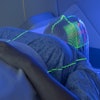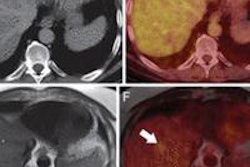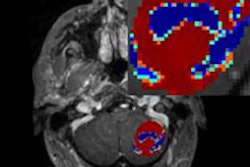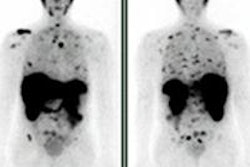Early-stage breast cancer patients who undergo external-beam radiation therapy (RT) are not at higher risk for serious long-term side effects, according to research presented at the American Society for Radiation Oncology (ASTRO) annual meeting in Atlanta.
Presenting author Dr. Jason Ye, from Weill Cornell Medical College, and colleagues evaluated women identified as having early-stage breast cancer (5-mm or smaller tumor that had not spread to the lymph nodes), who received surgery with or without postoperative radiation therapy between 1990 and 1997. The team used patient information from the U.S. National Cancer Institute's Surveillance, Epidemiology, and End Results (SEER) database.
The women were divided into two groups: 2,397 who received external-beam therapy after surgery, and 2,988 who did not.
Ye's group found that at 10 years post-treatment:
- Overall survival rates were 91.6% for the external-beam therapy patients and 87% for the group that did not get external-beam therapy.
- Breast cancer survival rates were 97% for the external-beam therapy patients and 95.7% for the nonexternal-beam therapy group.
- Cardiac cause-specific survival was 96.7% for the external-beam therapy patients and 92.7% for the nonexternal-beam therapy group.
In addition, with a median follow-up of 14 years, there was no statistically significant difference between the groups in deaths from subsequent nonbreast cancers in the chest area, the majority of which were lung cancers, according to Ye.
"Breast-conserving therapy, consisting of lumpectomy and external-beam therapy, has been an excellent approach to early breast cancer treatment, offering equivalent disease control and better cosmetic results compared to mastectomy as demonstrated by multiple randomized, controlled trials in the past," Ye said in a statement released by ASTRO. "Our study's results suggest that serious long-term side effects of radiation therapy, such as increase in deaths from cardiac disease and secondary malignancies, are rare."



















